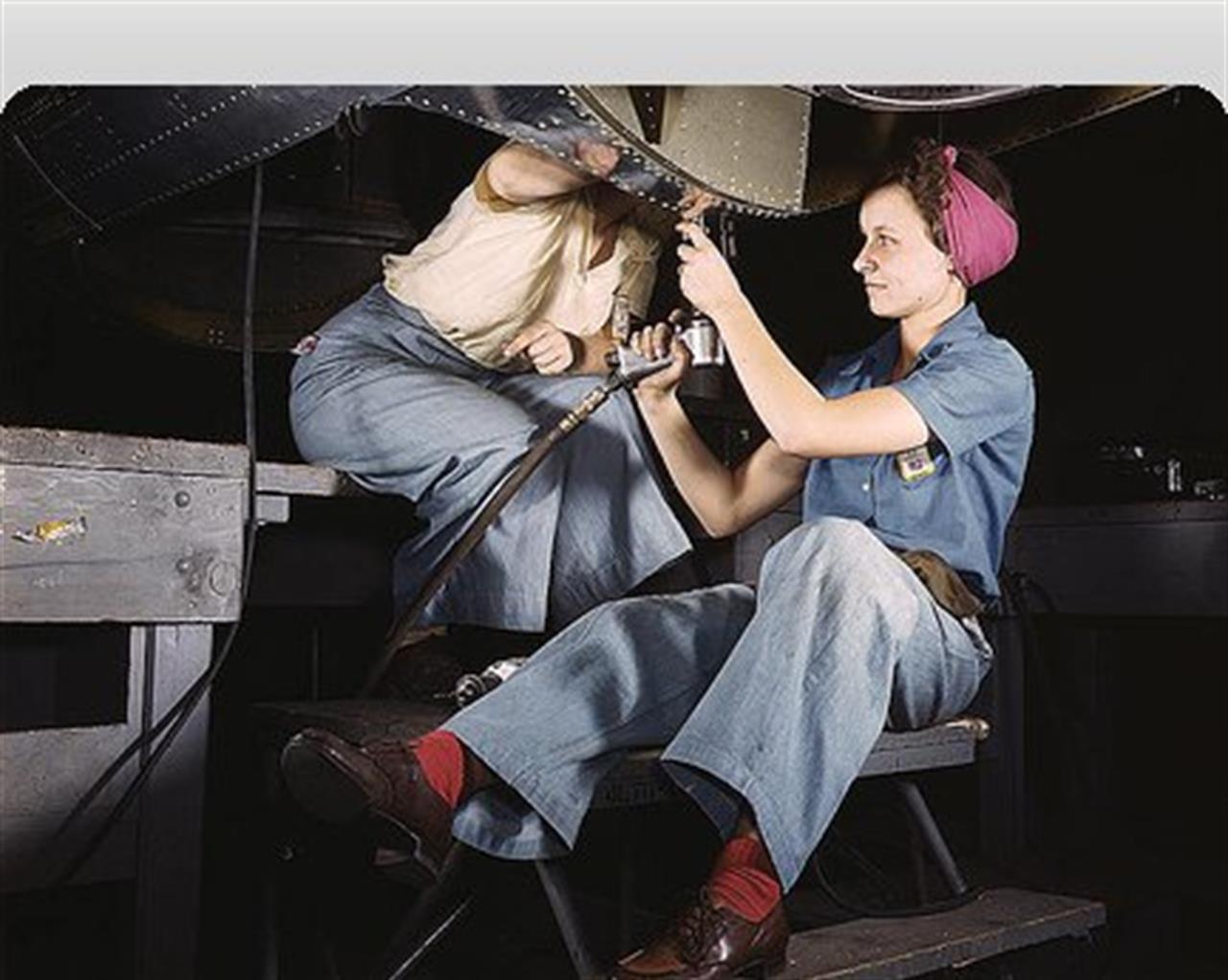The EWL welcomes the first ever ministerial-level debate on women on boards in the EU that took place in the context of the EPSCO Council meeting last week. The debate revealed that there is still a long way to go, and that member states have have different policy ideas. While some member states favor binding legislation and other prefer a more voluntary approach, the EWL believes that improvements will depend on the urgent introduction of binding measures at EU-level.
60% of university graduates in the EU are women. According to a new study from Ernst & Young, the proportion of women in the highest decision-making bodies of the 290 largest publicly listed firms was only 8% in 2010. Out of 10 boardroom seats less than one is occupied by a woman.
The number of women in European corporate boardrooms is currently increasing by only half a percentage point per year. European Commission has estimates that at this slow rate it will take another 50 years before European corporate boardrooms contain at least 40% of each gender.
The representatives of all EU member states recognised that the under-representation of women on corporate boards is a problem. Many of them mentioned that women’s absence from economic decision making also has a negative impact on businesses and thus on the European economy.
The discussion took place shortly before the European Commission will take stock of the progress made towards the targets that Viviane Reding, the Vice-President of the European Commission, set last year. Vice-President Reding, stressed at the meeting that companies and member states must take action: “Today begins the final countdown to the Commission’s report. February still has 12 more days.”
The EWL takes Vice President Reding on her word, and urges the European Commission to implement a strong European wide strategy in their upcoming report and introduce binding measures to reach the target of 40% women on European corporate boards in 2020.
EWL: We have been on this path for too long!
For the EWL parity of women on boards is primarily a democracy and human rights issue. Moreover, it touches upon one of the core issues of equality between women and men.
Of course, gender balance in boardrooms is a business issue, too. Especially in times of crisis, the EU cannot close their eyes to the wide loss of talents as the full pool of high-skilled female personnel is needlessly left behind. Despite numerous studies pointing to the economic benefits of parity and increased diversity for the companies, progress is still very slow.
How long can Europe afford this situation? How long can member states escape the fact that self-regulation did not have the desired effect of fostering a higher representation of women on boards and in top positions?
Vuoi accedere all'archivio di VITA?
Con un abbonamento annuale potrai sfogliare più di 50 numeri del nostro magazine, da gennaio 2020 ad oggi: ogni numero una storia sempre attuale. Oltre a tutti i contenuti extra come le newsletter tematiche, i podcast, le infografiche e gli approfondimenti.

